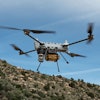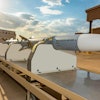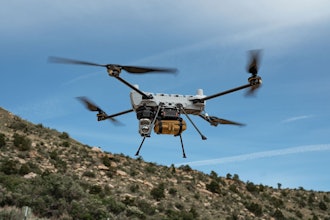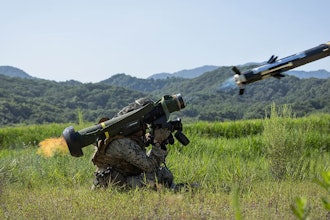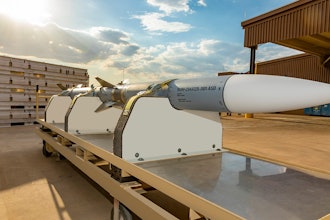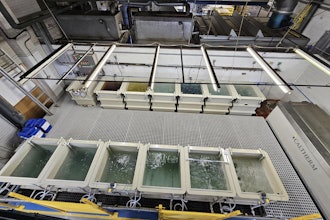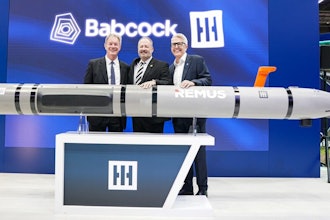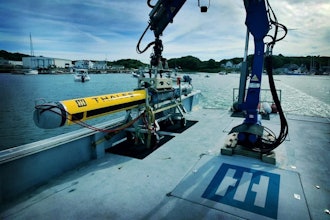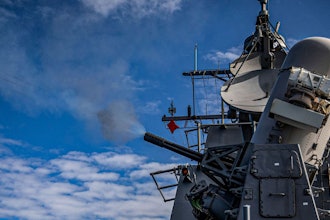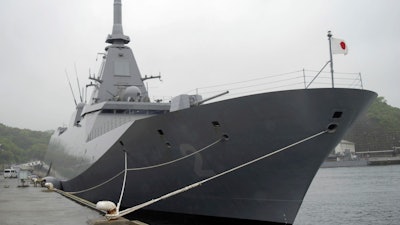
WELLINGTON, New Zealand (AP) — Australia said Tuesday it accepted a Japanese company's bid for a lucrative and hotly contested contract to build Australian warships, expected to be worth 10 billion Australian dollars ($6.5 billion).
Mitsubishi Heavy Industries’ Mogami-class frigate won the deal over rival Germany’s MEKO A-200 from Thyssenkrupp Marine Systems. Japan’s government lobbied heavily for the deal after missing out on Australia’s submarines contract to a French company in 2016.
“This is clearly the biggest defense industry agreement that will ever have been struck between Japan and Australia,” Defense Minister Richard Marles told reporters when he announced the deal Tuesday. “In fact, it’s really one of the biggest defense exports that Japan has ever engaged in.”
The fleet of 11 naval vessels will replace Australia’s ageing fleet of ANZAC-class ships. Three of the frigates will be built in Japan, with the first scheduled to be operational Australia in 2030, and the remaining eight due for construction in Australia.
Australian news outlets reported that the German company’s bid had emphasized their vessel’s cheaper price and their greater experience building ships abroad. But Pat Conroy, Australia’s Minister for Defense Industry, said the Mogami-class frigate was a “clear winner” when assessed by “cost, capability and meeting our schedule of delivery.”
The vessels have a range of up to 10,000 nautical miles (18,520 kilometers) and 32 vertical launch cells capable of launching long-range missiles. The frigates can operate with a crew of 90, compared to the 170 needed to operate the ANZAC-class ships.
Mitsubishi’s win was a boon for Japan’s defense industry, which has not built naval vessels abroad before. Japan, whose only treaty ally is the United States, considers Australia a semi-ally and has increasingly sought to deepen bilateral military cooperation amid ongoing regional tensions in the disputed South China Sea.
“We welcome the decision by the Australian government as a major step to further elevate Japan’s national security cooperation with Australia, which is our special strategic partner,” Japan’s Defense Minister Gen Nakatani said Tuesday.
Nakatani said co-developing the frigate will allow the two countries to train and operate with the same equipment and further improve operability and efficiency. Japan set up a joint taskforce of government and industry in an effort to win the bid.
Australian officials said work on a binding commercial contract with Mitsubishi Heavy Industries and the government of Japan would now begin, with a finalized agreement expected in 2026. They did not say how much each ship would cost or confirm a total figure for the package, citing ongoing negotiations.
But Conroy said the government had allowed AU$10 billion for the project over the next 10 years. It forms part of the AU$55 billion that Australia has budgeted for the navy’s entire surface combatant fleet during the same period.

